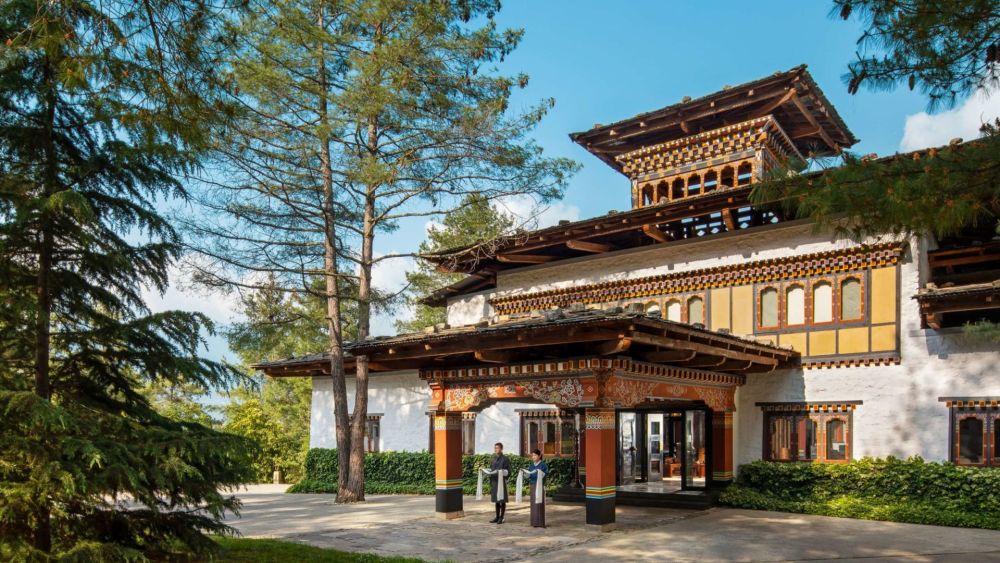

Discover the serene beauty and traditional hospitality of Paro, Bhutan, through its alluring farmhouses. Known for their rustic charm and picturesque settings, the farmhouses in Paro offer a genuine experience of Bhutanese rural life. Paro, a valley town in Bhutan, is not only steeped in history and culture but also stands as a testament to the blend of traditional Bhutanese architecture and modern comfort.
Tourism in Bhutan began in 1974, in conjunction with the coronation of King Jigme Singye Wangchuck. This was an effort to increase the country's revenue and also to open its doors to the world in a controlled and thoughtful manner. Paro, with its fertile valley and historical significance, quickly became a focal point for visitors.
Paro is home to some of the oldest temples and monasteries, including the renowned Paro Taktsang or Tiger’s Nest Monastery, which has always been a major pull for tourists. In addition, its traditional farmhouses have garnered attention for offering a unique, authentic Bhutanese experience that goes beyond sightseeing and enters the realm of cultural immersion.
Staying in a traditional Bhutanese farmhouse in Paro is an experience in itself. These farmhouses are often hundreds of years old, made with mud walls and wooden structures following ancient techniques. Visitors can immerse themselves in Bhutanese lifestyle, enjoy local cuisine, and participate in agricultural activities such as farming and livestock rearing.
The farmhouse stay usually includes a relaxing hot stone bath, which is a traditional Bhutanese remedy known for its therapeutic properties, and often comes with views of terraced paddy fields and the tranquil Paro river.
In recent years, there has been a trend towards sustainable and ecotourism in Paro. Tourists are increasingly interested in activities that have minimal impact on the environment while enhancing the well-being of the local community.
Community-based tourism projects are gaining momentum, where visitors can engage in village life, thus directly contributing to the local economy. These initiatives also encourage the preservation of Bhutanese culture and traditions that are integral to the identity of Paro.
Another emerging trend is the promotion of wellness and spirituality in tourism. Paro is now offering yoga retreats, meditation sessions, and wellness programs within the peaceful confines of its lush landscapes and sacred spaces.
The Farm House of Paro, grounded in the rich history and unspoiled tradition of Bhutan, is a must-visit for those looking to step away from the hustle and bustle of modern life. As the heartland of Bhutanese culture, Paro's tourism sector continues to evolve, always with mindfulness toward sustainability and preserving the natural beauty and heritage that makes it so special.